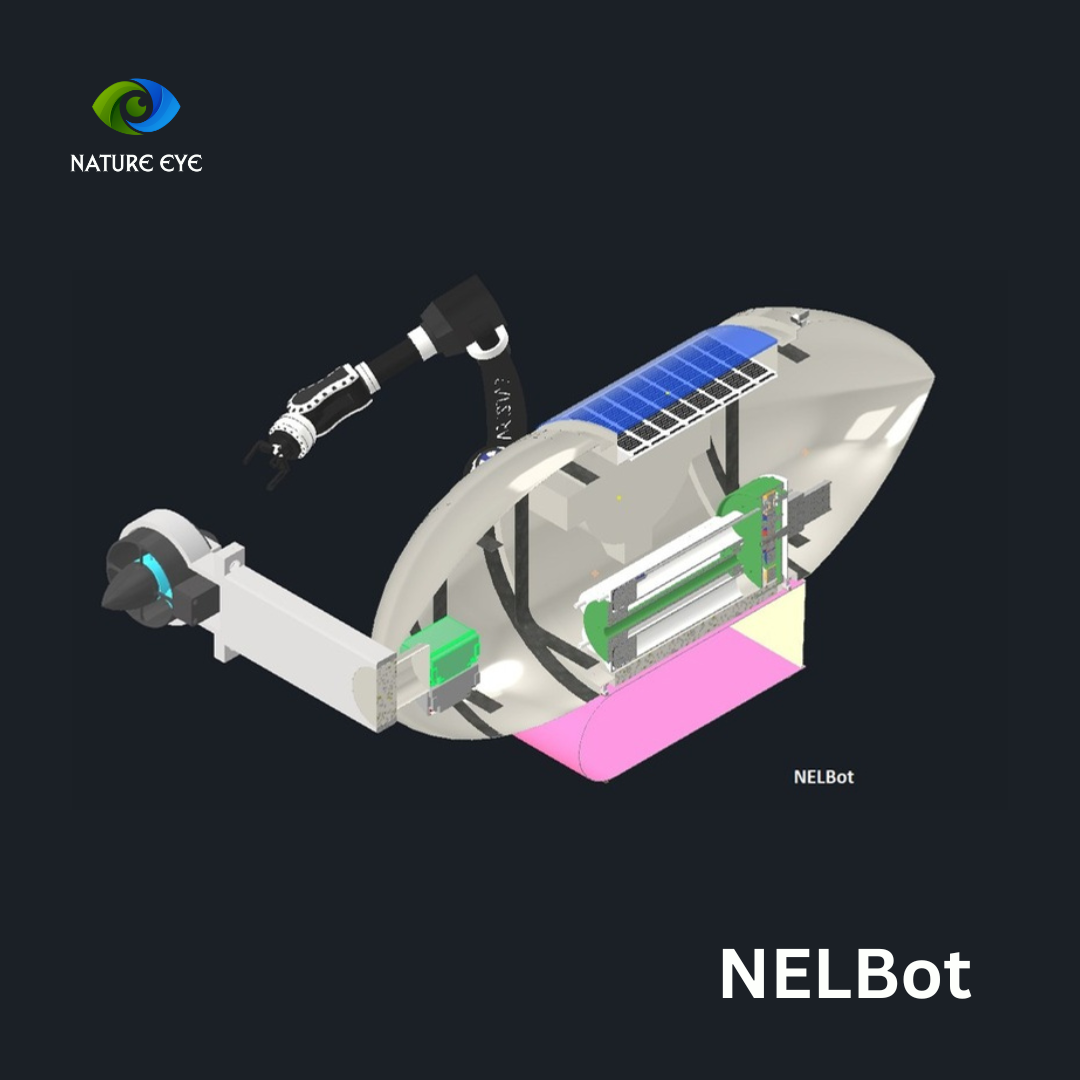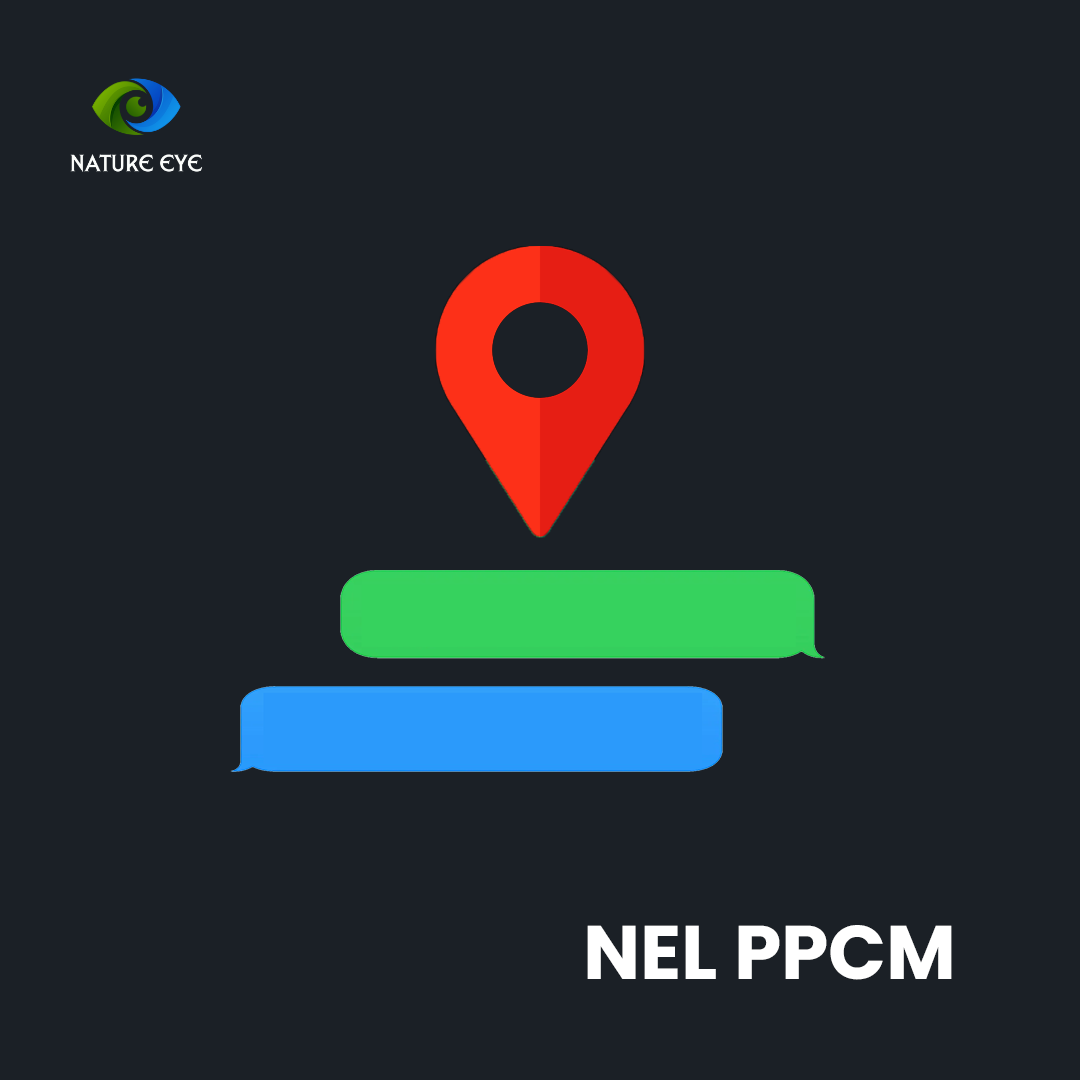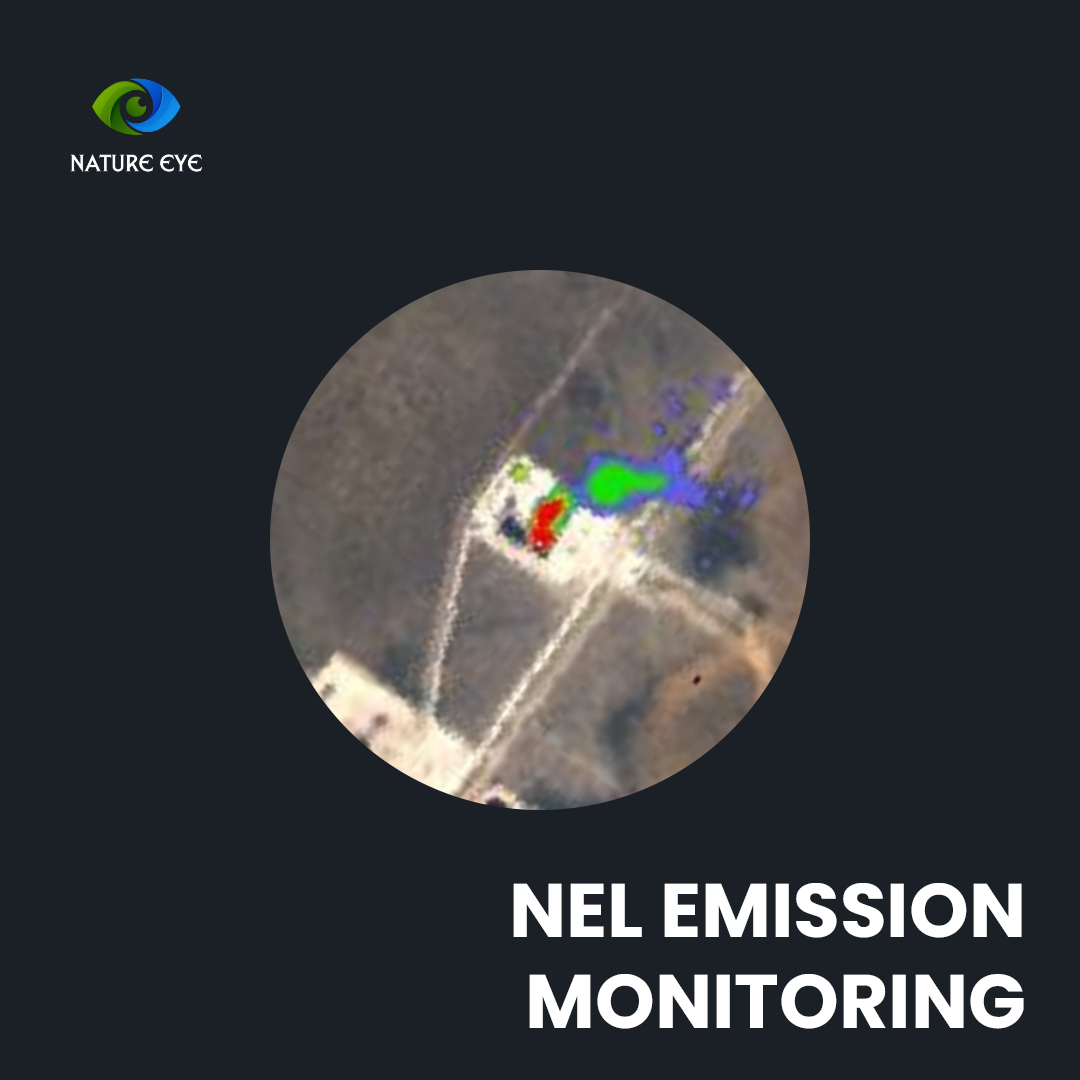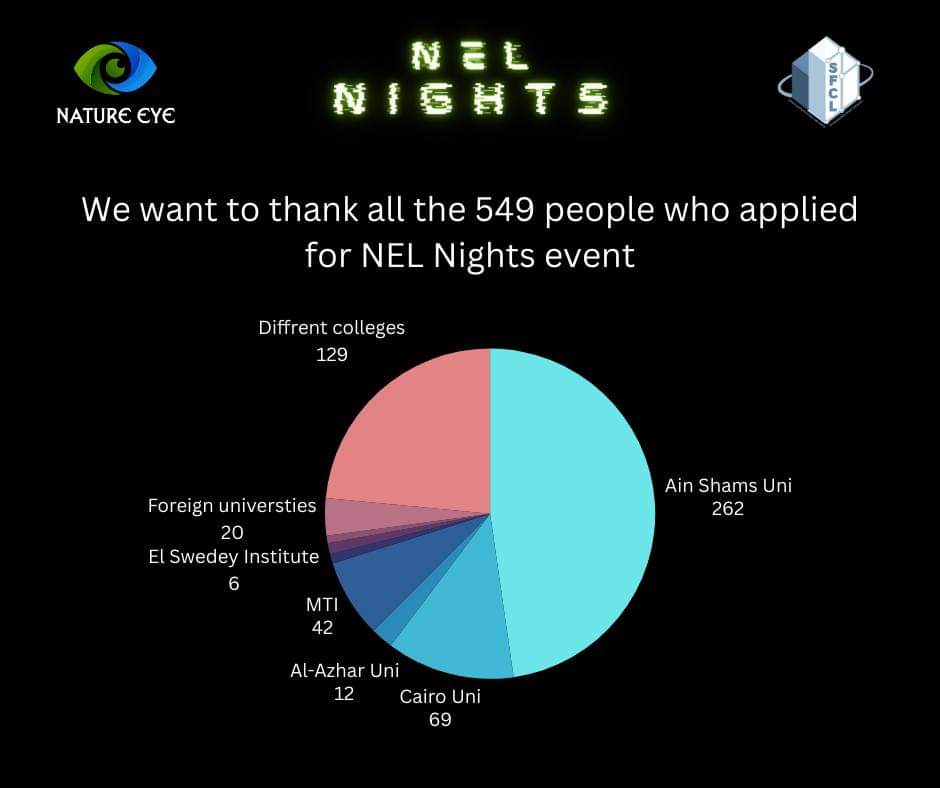
NEL-BOT
Revolutionizing Ocean Cleanup with Autonomous Technology
NELBot is an autonomous submarine robot designed to combat ocean pollution by collecting underwater debris efficiently and sustainably. Equipped with the YOLOv5s machine learning model, it accurately detects and differentiates trash from marine life, minimizing ecological harm. Using robotic arms for debris on the ocean floor and baskets for floating waste, NELBot optimizes energy use and operational duration. Constructed from carbon fiber reinforced polymer (CFRP), recycled metals, and bio-based materials, it withstands harsh underwater conditions while reducing environmental impact. Powered by solar panels and 24V batteries, NELBot operates autonomously for extended periods, offering an innovative and sustainable solution to marine pollution.


